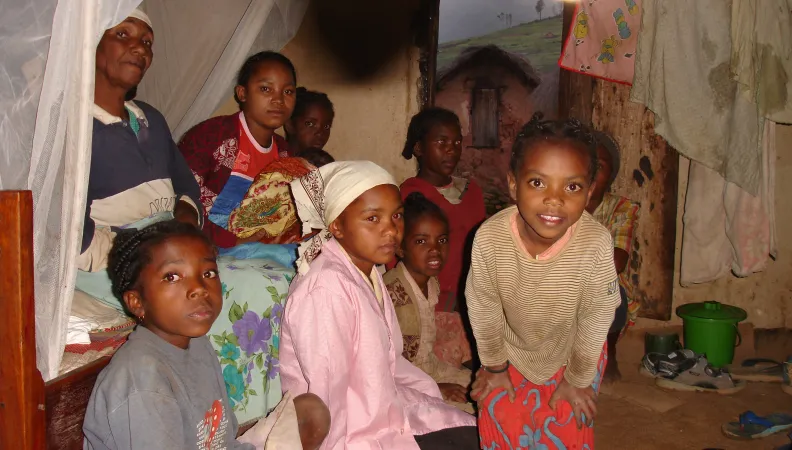Share the page
Village hydroelectric systems, energy and respect for the environment (Rhyvière II)
Project


-
Project start date
-
Status
Completed
-
Estimated date of project termination
-
-
Project financing date
-
-
Financing duration
-
4 years
-
Type of program
-
FFEM
-
Global financing amount
-
€ 7 250 000
-
FFEM financing amount
-
€ 1 056 000
-
Project lead member institution(s)
-
French Ministry for Ecological and Inclusive Transition (MTES), Ministry for Europe and Foreign Affairs
-
Country and region
-
Madagascar
-
Type of financing
-
Beneficiaries
-
GRET
-
Type of beneficiary
-
NGO, Foundation
Improving the access of rural households to electricity by mobilising private funds for the development of hydroelectric systems and decentralised and clean solutions using renewable energies and those with low greenhouse gas emissions. Developing mechanisms for managing and sharing the water resource that contributes to the continual operation of these infrastructures.
Context
The Rhyvière Programme II (Village hydroelectric systems, energy and respect for the environment) is supported by Gret, a French development NGO acting on the ground and in politics for 38 years to combat poverty and inequality.
95.2% of rural households in Madagascar do not have access to either electricity or modern energy services, and 83% live on less than $1.25 PPA. Improving the access of these households to electricity needs to respond to a dual challenge of economic development and improvement to their living conditions.
An initial phase in the programme, set up in 2008, has enabled tools and procedures to be designed, alongside participants in the sector, enabling the industry to be developed, supporting the developing of three hydroelectric networks as part of a public-private partnership, enabling over 10,000 people across three regions of Madagascar to be supplied with electricity.
Description
Improved access to modern, sustainable energy services for people in the 11 relevant communities: four hydroelectric networks are enable at least 8000 households or 50,000 people to be connected supplied with electricity, as well as forty public services distributed around 11 communities. Decentralised solutions (pico-hydroelectricity, solar) at the same time be installed to supply electricity to around fifty hamlets located outside the network. Annual electricity production at the end of the project reach over 8.5 GWh, exclusively using renewable sources.
Emerging viable economic activities thanks to electrification: so that the electrification of rural areas has an impact on people’s standard of living, the project includes a section for the development of economic activities.
The durability of systems is strengthened by the implementation of support measures, in terms of both finance and the environment: one of the major challenges of the Rhyvière programme is to mobilise private funding to co-finance the construction of hydroelectric infrastructure.
Local participants are given support so as to be capable of managing, monitoring and regulating energy and environmental services: the capacity of national and local participants to play their role lies at the heart of the effort to make electrification networks lasting, alongside tools for the management and protection of water resources.
Outcomes
- With the implementation of these four networks, around 8000 households distributed among 11 communities are connected to the electricity network or will benefit from decentralised access solutions. These rural households will therefore be in a position to improve their standard of living, with some of them also being able to find productive uses for the energy being supplied. A social tariff will enable the poorest people to benefit from the service.
- The connection of sixty public services for the villages in question will have a positive impact on education (evening classes, lighting by which to do homework, use of NICTs, etc.) and health (access to medicines and vaccines, improved sanitary conditions, etc.).
- Access to electricity will ultimately create a local development dynamic, and play a role in making rural populations feel part of the national community.


